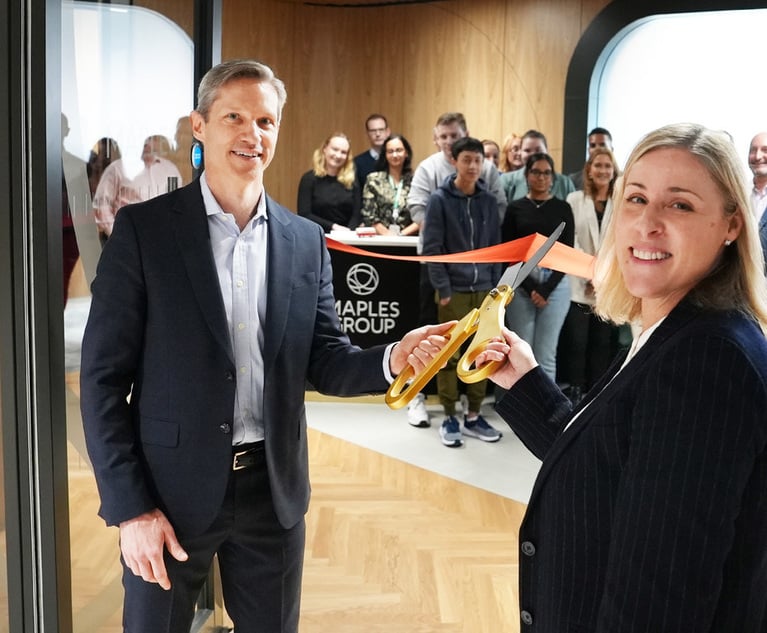The 11 lawyers who were promoted to partner last month at Norton Rose Fulbright’s Canadian offices had to go through an unusual process to get there: The initial part of their evaluation was all done blind, with the written submissions that presented a business case for why the associate should make partner revealing as little identifying information as possible.
The blind evaluation was created to help increase the firm’s diversity and eliminate unconscious bias. While a handful of firms have made use of blind recruiting—removing demographic or identifying information from resumes and other aspects of the interview process—Norton Rose Canada is seemingly one of the only law firms anywhere that is using blind evaluations as part of its decision-making on partnership promotions.

 Credit: Mike Scarcella/ALM
Credit: Mike Scarcella/ALM








